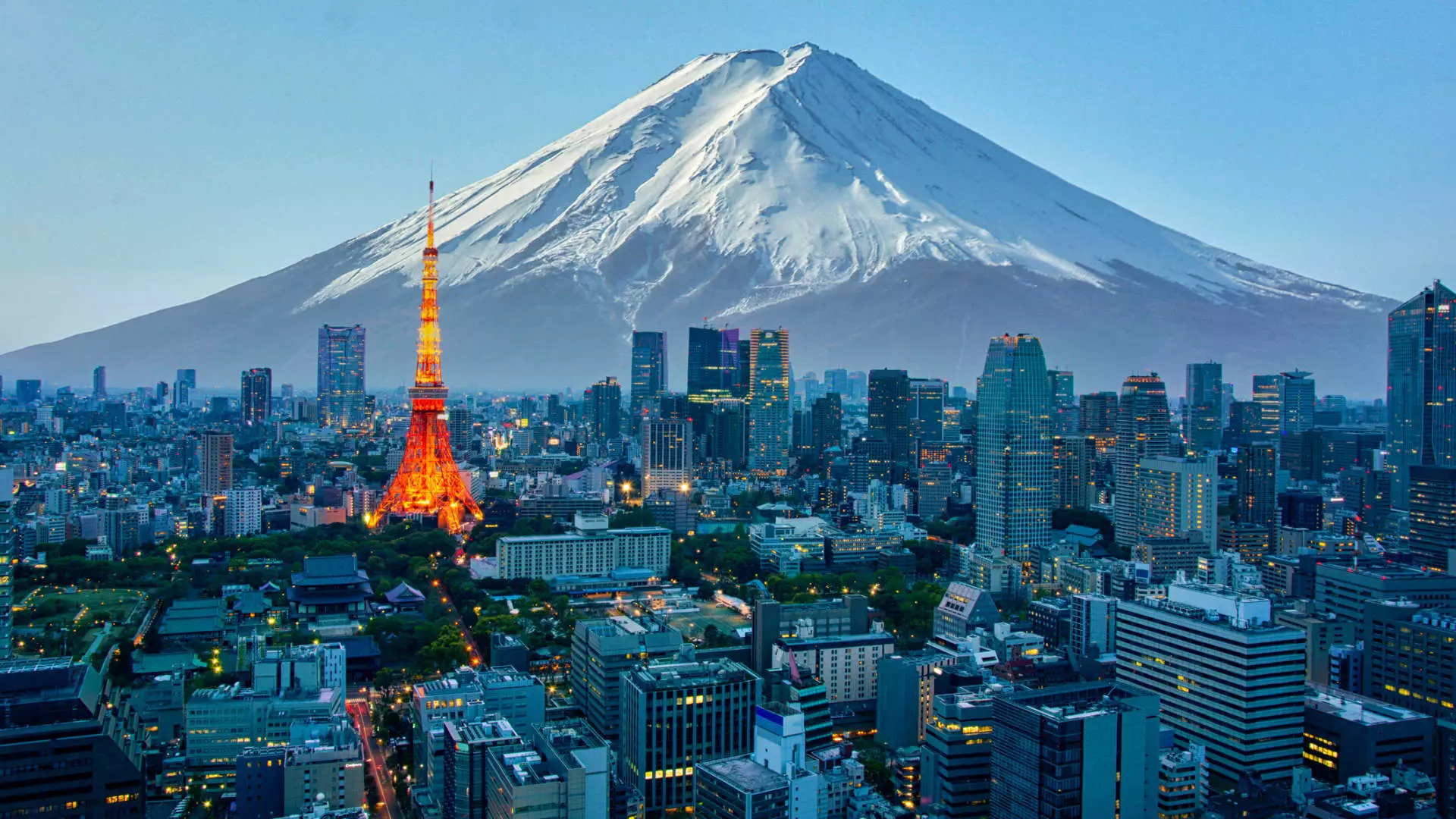In an era where flexibility and lifestyle balance are overshadowing traditional work norms, Tokyo emerges as the unparalleled leader in transforming the concept of a workcation. The 2025 International Workplace Group (IWG) report cements its position at the top, not merely by possessing world-class infrastructure but through a singular blend of cultural richness, technological prowess, and strategic policy innovation. Tokyo’s dominant status signifies more than just a geographic legend; it embodies the evolution of where and how we work in the 21st century. The city’s ability to seamlessly combine cutting-edge broadband, efficient transport, safety, and captivating culture makes it a magnet for those seeking an inspiring yet productive environment.
Unlike previous notions of work and leisure as separate spheres, Tokyo exemplifies a new paradigm—one where these domains not only coexist but thrive together. Here, the allure of ancient temples and futuristic skyscrapers cohabitate, offering hybrid workers a harmonious balance of serenity and stimulation. This city’s investment in digital infrastructure, coupled with its embrace of international mobility policies like the digital nomad visa, signals its readiness to welcome global talent eager to leverage its unique advantages.
Infrastructure and Connectivity as the Pillars of Success
At the heart of Tokyo’s appeal lies its remarkable infrastructure. The reported “exceptional” broadband speed is not just a technical feature but a catalyst enabling seamless remote work. It dissolves the barriers of geographical distance, allowing professionals to participate in global markets or attend virtual meetings without interruption. Meanwhile, Tokyo’s advanced transportation network guarantees mobility, reducing transit times and enabling leisure excursions to nearby mountains, beaches, or national parks — all within a short commute. This proximity to natural escapes is a defining factor, providing mental refreshment essential for sustained productivity.
The affordability factor, exemplified by the daily cost of a cappuccino in expat areas, adds to Tokyo’s attractiveness. Despite its status as a global metropolis, the city balances cost and quality of life, making it feasible for remote workers to enjoy local amenities without excessive expense. Meanwhile, the availability of diverse, top-tier accommodations supports extended stays, reinforcing the city’s flexibility for international visitors seeking longer-term workcations.
Strategic Policies and Cultural Richness Fueling Growth
Tokyo’s ascent is also attributed to proactive policy measures, notably the launch of its digital nomad visa, a groundbreaking move that legitimizes remote work within its borders. Such policies signal a forward-thinking approach, welcoming long-term visitors and providing them with legal clarity and security. This step not only makes Tokyo a practical base for remote workers but also sends a powerful message about Japan’s commitment to embracing future work trends.
Cultural allure and high happiness scores are vital components of Tokyo’s magnetism. The city’s rich history, culinary excellence, and dynamic arts scene create an engaging environment that transcends mere work productivity. For many, the opportunity to immerse oneself in a vibrant culture after hours enhances overall well-being and job satisfaction. This holistic approach positions Tokyo not just as a functional workspace but as a lifestyle destination—where productivity and pleasure are mutually reinforcing.
The Broader Impact: Transforming Work Norms Worldwide
Tokyo’s leadership underscores a broader shift in global attitudes towards work. It exemplifies a future where geographic boundaries become less relevant, where individuals prioritize quality of life alongside professional growth. This paradigm shift is embodied in the rising popularity of workcation destinations worldwide, from Seoul to Bali, but Tokyo’s comprehensive package—spanning infrastructure, culture, safety, and policy—sets a gold standard.
In an increasingly interconnected world, cities that recognize and adapt to these evolving needs will thrive. Tokyo’s experience illustrates that the most successful workcation locations are those that understand the value of integrating natural beauty, technological innovation, and cultural depth. As remote work continues to mature into a permanent fixture, cities that can offer both technological reliability and enriching life experiences will lead the charge. Tokyo’s example proves that the future belongs to places that can harmonize work with lifestyle, turning every day into an adventure while ensuring productivity remains uncompromised.


Leave a Reply